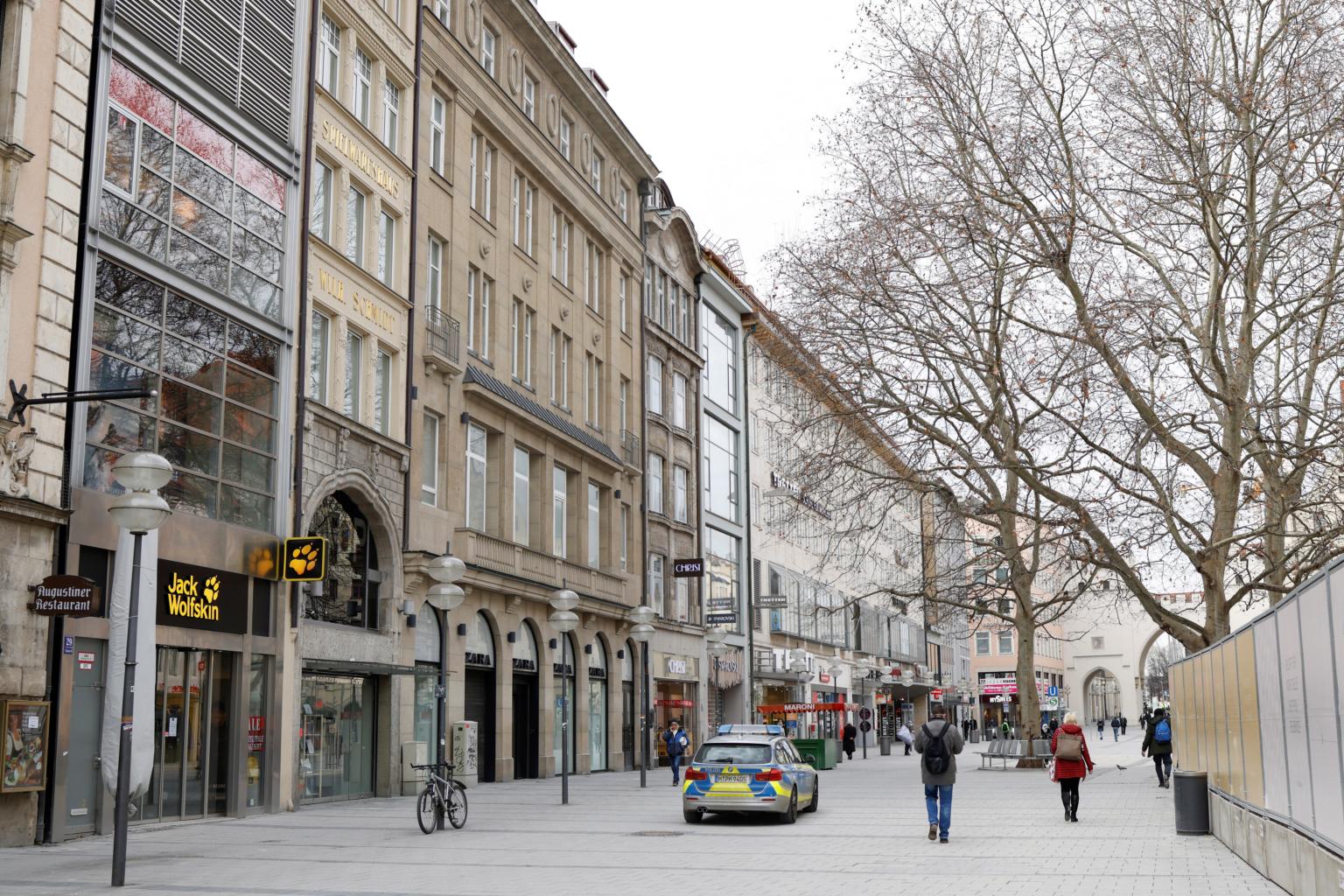German businesses have had enough of Chancellor Merkel's go-slow Covid-19 opening
Sign up now: Get ST's newsletters delivered to your inbox

Many German firms are pushed to the brink as they waited until this month for support for the effects of lockdown measures introduced in November.
PHOTO: REUTERS
Follow topic:
BERLIN (BLOOMBERG) - Chancellor Angela Merkel's government is under increasing pressure to ease Germany's coronavirus lockdown, with the ire coming from the heart of the country's economy.
Representatives of German industry plan to protest in Berlin on Tuesday (Feb 16), when the country's top industry lobbies will hold talks with Economy Minister Peter Altmaier. The demonstration will take place outside Mr Altmaier's ministry.
"The course for this restart has to be set now," the organisers - a group representing young entrepreneurs - said on their website. "The country needs courageous decisions."
While German business has largely backed the government's pandemic response so far, frustration boiled over after the authorities last week balked at laying out a broader reopening plan, while the government botched aid payments to hard-hit firms.
Even traditional adversaries are joining forces.
"Numerous companies are on the verge of collapse," the heads of groups representing German employers and labour unions said in a rare joint statement.
"Concerns among workers and management are increasing."
Tension with the heavyweights of the Germany economy threatens to create a political backlash for the ruling parties.
Ms Merkel's Christian Democrats have yet to decide on a candidate to run to succeed her, while Finance Minister Olaf Scholz, who is leading the ticket for the Social Democrats, has increasingly shifted into campaign mode ahead of September elections.
While Ms Merkel and state premiers agreed to loosen some virus restrictions, next steps were made more difficult because of concerns about fast-spreading variants of the virus.
Starting March 7, non-essential stores will be allowed to resume operations only if the local seven-day incidence rate does not exceed 35 for at least three consecutive days.
No plan was agreed to reopen restaurants, hotels and leisure facilities. The previous target for easing curbs was 50 infections per 100,000 people over seven days.
Delays in financial aid stoked further discontent. Many firms were pushed to the brink as they waited until this month for support for the effects of lockdown measures introduced in November last year.
The meeting between Mr Altmaier and representatives of dozens of industry groups is not due to produce any reopening decisions immediately. Those steps are taken by Ms Merkel and state leaders, which next meet on March 3.
Those talks have frequently been tense with the chancellor seeking to restrain regional officials from opening too fast.
While Ms Merkel has warned of the risks posed by aggressive strains, she acknowledged making mistakes, saying last week that the response to a spike in the fall was "too hesitant". Businesses are concerned the German leader will now take an overly cautious approach to reviving Europe's largest economy.
"German industry needs a reliable road map," Dr Siegfried Russwurm, president of the BDI, which represents manufacturers of everything from autos to textiles, said in a statement. "The point is to create more predictability in the reopening of society."

